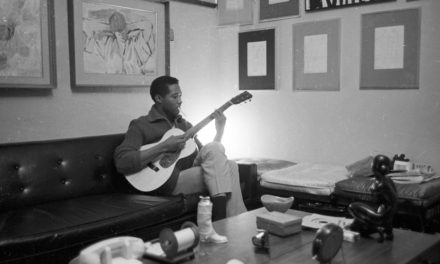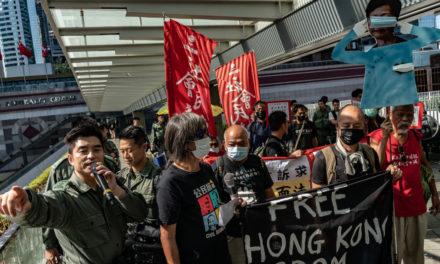Over the past few weeks, we have tried to map the intersection of social justice and D&I work in a way that clarifies goals, language, strategies, and boundaries. We’ve given you tips on how to craft your message, when to slow down and strategize before causing a collision, how to deal with attempts gone wrong, and how to communicate your message in a way that people will really listen.
The truth behind these many navigation tips is that regardless of how well prepared or well-intentioned you are, the intersection is messy. Knowing when to stop or go is not always so clear; the line between going too far and just far enough is often blurred; and in general, we are just human, and we won’t always get it right.
And another thing – there’s not just one right way to be a social justice advocate in a D&I space.
Recently, I’ve been thinking a lot about the long game. In the midst of the #MeToo movement/reckoning/landslide of disappointment, it has become clear that while the work to uncover the truth and to create environments in which people can be their full selves is hard and uncomfortable and sometimes difficult to do well, it’s necessary – not only for this moment but for the successful future of our company’s, our governments, our churches, etc., and ultimately, for the safety of our future employees.
But as each accusation comes out, as reporters do their best to accurately portray the stories they’ve been told, as the accused respond with varying degrees of ignorance and sympathy, we realize that the journey to create equitable, safe, inspiring places to live and work is not always pretty, and in fact, sometimes it’s just ugly. Sometimes people say or do the exact wrong thing, and we wonder if opening the door to that possibility was such a great idea.
But I have to believe, and have reason to believe, that it is. Doing the work in this moment—having the conversation about that discomforting comment you heard, hosting the session on inclusive leadership, creating space for difficult conversations about polarizing topics—may not have the immediate effect you were hoping for. Maybe the conversation creates tension, the session is mostly a flop, or people leave that first conversation about race feeling uncomfortable. Maybe you’ve heard, “Our culture isn’t ready for this,” one too many times. Of course we hope and work for better outcomes, but if I know anything about social justice and about creating sustainable transformation, it’s that we have to constantly remind ourselves of the long game. We have to know that this work takes time and above all, perseverance.
So, keep having the conversations and encouraging the challenging sessions and discomforting dialogues. Keep in mind the boundaries and the strategies we’ve shared, but don’t be too afraid of getting it wrong to do anything at all. There isn’t one right way, and there isn’t necessarily one right time. This work is messy, and people are messy, but we’re playing the long game – there’s room for mistakes and time to make corrections.



















